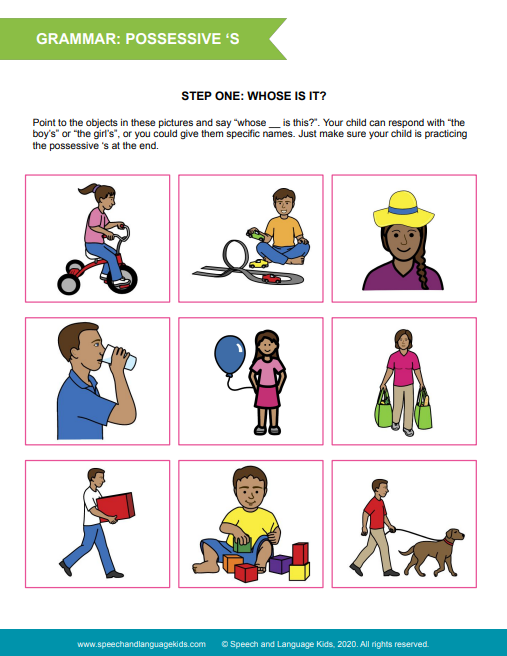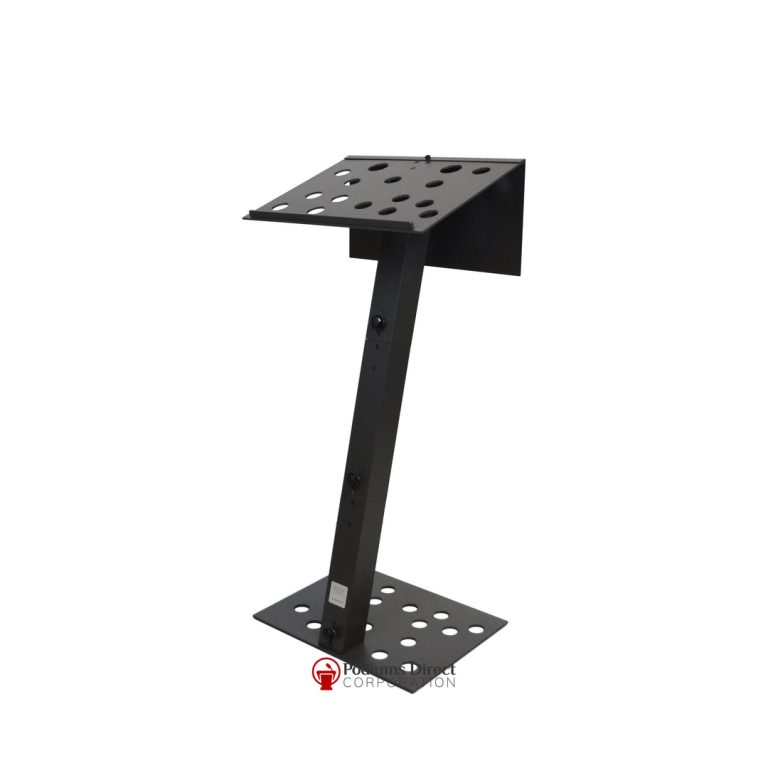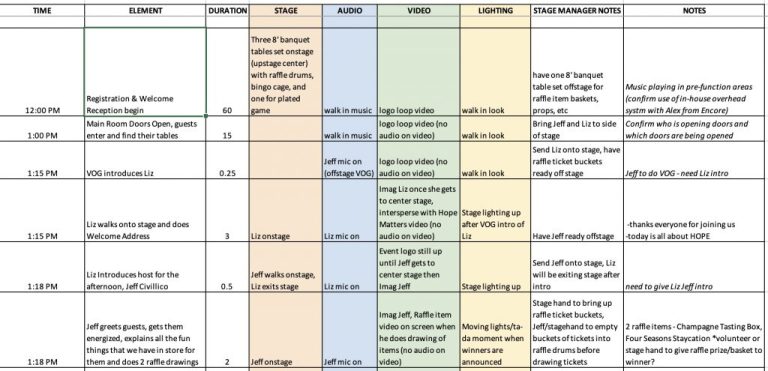Speech Therapy For 3-Year-Olds
Are you wondering about speech therapy for 3-year-olds? Well, let me tell you, it’s an exciting journey packed with learning and progress! Speech therapy can help children who are experiencing difficulties with speech and language development at this age. So, if you’re curious to know more, keep reading!
Now, you might be wondering, what exactly is speech therapy? Well, it’s a type of therapy that focuses on improving a child’s communication skills. For 3-year-olds, this may involve activities and exercises that encourage the development of speech sounds, vocabulary, grammar, and social language skills.
But why is speech therapy important at such a young age? The early years are crucial for language development, and addressing speech and language delays in 3-year-olds can have a significant impact on their overall communication skills and future success. So, if you’re a parent or caregiver of a 3-year-old who could benefit from speech therapy, you’re in the right place! Let’s explore how speech therapy can help your little one thrive.
Is your 3-year-old experiencing speech delays? Don’t worry, speech therapy can help! Here are some effective techniques to encourage your child’s language development:
1. Engage in daily conversations, asking open-ended questions.
2. Read books together and encourage your child to repeat words.
3. Use flashcards to introduce new vocabulary.
4. Play games that promote language skills, like “Simon Says.”
5. Seek professional help from a speech-language pathologist for a personalized therapy plan.
Help your little one thrive and improve their speech with these valuable tips!

Speech Therapy for 3 Year Olds: Helping Children Find Their Voice
Speech development is a crucial milestone in a child’s life, as it paves the way for effective communication and interaction with the world around them. For some 3-year-olds, however, speech delays or difficulties may be present, affecting their ability to express themselves. This is where speech therapy plays a vital role. In this article, we will explore the benefits of speech therapy for 3-year-olds, the different techniques and strategies used, and how parents and caregivers can support their children’s speech development.
Understanding Speech Development in 3 Year Olds
Before diving into the details of speech therapy for 3-year-olds, it’s important to have a basic understanding of typical speech and language development in children of this age. At 3 years old, children usually have a vocabulary of around 300-500 words and are able to speak in short sentences. They can follow simple instructions, understand basic questions, and engage in conversations. However, it’s not uncommon for some children to experience delays or difficulties in their speech and language skills.
Evaluating Speech and Language Skills
The first step in speech therapy for 3-year-olds is the evaluation of their speech and language skills. A certified speech-language pathologist (SLP) will conduct comprehensive assessments to determine the specific areas that need support. These assessments may include standardized tests, informal observations, and parental input. The SLP will assess the child’s speech sounds, vocabulary, grammar, understanding of directions, ability to answer questions, and overall communication skills.
Developing a Customized Treatment Plan
Once the evaluation is complete, the SLP will develop a customized treatment plan based on the child’s specific needs. The treatment plan will outline the goals of therapy, the strategies and techniques that will be used, and the frequency and duration of each session. It’s important to note that the treatment plan may vary for each child, as speech therapy is tailored to address individual strengths and areas of improvement.
Techniques and Strategies Used in Speech Therapy
Speech therapy for 3-year-olds incorporates a variety of techniques and strategies to target different aspects of speech and language development. These may include:
- Articulation Therapy: This focuses on improving the clarity and accuracy of speech sounds. The child may be taught how to produce specific sounds correctly through activities, games, and exercises.
- Language Intervention: This helps enhance the child’s vocabulary, grammar, and comprehension skills. The SLP may use activities, stories, and interactive games to promote language development.
- Play-Based Therapy: Play is an essential part of speech therapy for 3-year-olds. SLPs often use toys, puppets, and pretend play to engage children in fun and interactive activities that target their speech and language goals.
Parental Involvement and Support
Parents and caregivers play a crucial role in the success of speech therapy for 3-year-olds. They are encouraged to actively participate in therapy sessions, follow through with at-home practice, and create a language-rich environment. SLPs often provide recommendations and strategies for parents to incorporate into their daily routines, such as reading books together, engaging in conversations, and using visual aids to reinforce learning.
Tracking Progress and Celebrating Milestones
Throughout the course of speech therapy, progress will be continually monitored and evaluated. The SLP will track the child’s development, adjusting therapy techniques and goals as needed. It’s important for parents to celebrate milestones, no matter how small, and recognize the progress their child has made. Speech therapy is a journey, and every step forward is a reason to celebrate.
Creating a Supportive Language Environment
In addition to speech therapy sessions, creating a supportive language environment at home can greatly contribute to a child’s speech and language development. Here are some tips for parents and caregivers:
- Engage in daily conversations and ask open-ended questions to encourage verbal expression.
- Read together regularly and discuss the story, characters, and events.
- Provide opportunities for the child to interact with peers through playdates or preschool programs.
- Limit screen time and encourage face-to-face communication.
- Praise effort and progress, and avoid criticizing or pressuring the child.
Additional Techniques to Support Speech Development
Alongside speech therapy, there are additional techniques that parents and caregivers can try to support their child’s speech development. Here are a few:
Singing and Nursery Rhymes
Singing songs and reciting nursery rhymes are excellent ways to engage children in speech and language activities. The rhythm, melody, and repetition help children tune in to sounds and words, improving their speech production and vocabulary skills.
Playing with Sounds
Encourage your child to play with sounds by engaging in activities that focus on different speech sounds. For example, you can play “I spy” games using the initial sound of objects or create silly rhymes to explore different word endings.
Using Visual Aids
Visual aids, such as flashcards, charts, and picture schedules, can be helpful tools in supporting speech and language development. They provide visual cues and prompts that aid understanding and help children learn new words and concepts.
Speech Therapy for 3 Year Olds: Empowering Communication and Connection
Speech therapy for 3-year-olds is a vital resource for children who are facing speech delays or difficulties. It provides them with the tools, strategies, and support they need to develop their speech and language skills. With the guidance of SLPs and the consistent involvement of parents and caregivers, children can overcome barriers and find their voice, allowing them to communicate effectively and connect with the world around them.
Key Takeaways: Speech Therapy for 3-Year-Olds
- Early intervention is essential for speech development in 3-year-olds.
- Speech therapy can help improve articulation and language skills.
- Therapists use play-based activities to make therapy fun and engaging.
- Parents play a crucial role in supporting their child’s progress at home.
- Consistency and regular practice are vital for successful outcomes in speech therapy.
Frequently Asked Questions
Welcome to our FAQ section on speech therapy for 3-year-olds! We understand that as a parent or caregiver, you may have many questions about speech development and how therapy can help. We’re here to provide you with answers and guidance, so let’s get started!
1. How do I know if my 3-year-old needs speech therapy?
It’s important to remember that every child develops at their own pace, so there’s no need to panic if your 3-year-old seems to be behind in their speech skills. However, there are some signs that may indicate a need for speech therapy. If your child is difficult to understand, has a limited vocabulary, struggles with pronunciation, or has trouble following directions, it may be a good idea to consult with a speech-language pathologist (SLP) for an evaluation. A trained professional will be able to assess your child’s communication skills and make recommendations based on their individual needs.
Remember, early intervention is key when it comes to speech and language development. The sooner any potential issues are addressed, the better the outcomes tend to be. A speech therapy evaluation can help determine if your child would benefit from therapy and provide strategies to support their communication development.
2. What can I expect during a speech therapy session for my 3-year-old?
A speech therapy session for a 3-year-old will typically be play-based and interactive to keep the child engaged and motivated. The speech-language pathologist (SLP) will use a variety of techniques and activities to target specific speech and language goals. These may include games, toys, books, and sensory materials to make learning fun and engaging.
The SLP will also work on various aspects of speech development, such as improving articulation, increasing vocabulary, enhancing sentence structure, and improving overall communication skills. They may use visual aids, gestures, and modeling to help your child understand and imitate sounds and words. The specific techniques used will depend on your child’s individual needs and goals.
3. How long does speech therapy typically last for 3-year-olds?
The duration of speech therapy for a 3-year-old can vary depending on the individual child’s needs, progress, and the severity of the speech delay or disorder. Some children may require only a few months of therapy, while others may need longer-term intervention. The speech-language pathologist (SLP) will assess your child’s progress during regular sessions and adjust the therapy plan accordingly.
It’s important to keep in mind that speech therapy is not a one-size-fits-all approach, and the length of therapy will vary for each child. Consistency and regular attendance at therapy sessions are crucial for optimal progress. The SLP will work closely with you to set realistic goals and provide recommendations for activities to support your child’s speech and language development at home.
4. What can I do at home to support my 3-year-old’s speech development?
There are many things you can do at home to support your 3-year-old’s speech development. First and foremost, creating a language-rich environment is essential. Talk to your child frequently and engage in conversations, even if their responses are limited. Use simple and clear language, and provide plenty of opportunities for your child to speak and express themselves.
Reading books together is another excellent way to promote speech and language skills. Choose books with colorful pictures and simple text, and encourage your child to point to objects and describe what they see. Singing songs, playing rhyming games, and engaging in pretend play are also beneficial for speech development.
5. Are there any red flags that indicate a more significant underlying issue?
While it’s essential to remember that every child develops at their own pace, there are some red flags that may indicate a more significant underlying speech or language disorder. If your 3-year-old consistently has difficulty with simple sounds, such as “p,” “b,” and “m,” struggles to follow simple instructions, has a limited vocabulary compared to peers, or has frequent frustration or anger due to communication challenges, it’s advisable to seek a professional evaluation from a speech-language pathologist (SLP).
Additionally, if your child’s speech becomes more difficult to understand as they get older, or if they exhibit other signs of language delay or regression, it’s important to address these concerns as soon as possible. Remember, early intervention is key in supporting optimal speech and language development, so don’t hesitate to seek professional guidance if you have concerns about your child’s communication skills.
Summary
Speech therapy for 3-year-olds can be helpful for improving communication skills and language development. It involves working with a qualified professional who uses fun and engaging activities to help children express themselves better. Through speech therapy, children can overcome speech delays, articulation issues, and other speech-related challenges. It is important to start early and be consistent with therapy sessions to see the best results.
Parents and caregivers can also play an important role by practicing speech exercises at home and creating a supportive environment for their child’s communication development. Speech therapy can make a positive impact on a child’s confidence, social interactions, and school readiness. Overall, speech therapy for 3-year-olds can provide the necessary support and tools to help children overcome speech difficulties and thrive in their communication skills.


